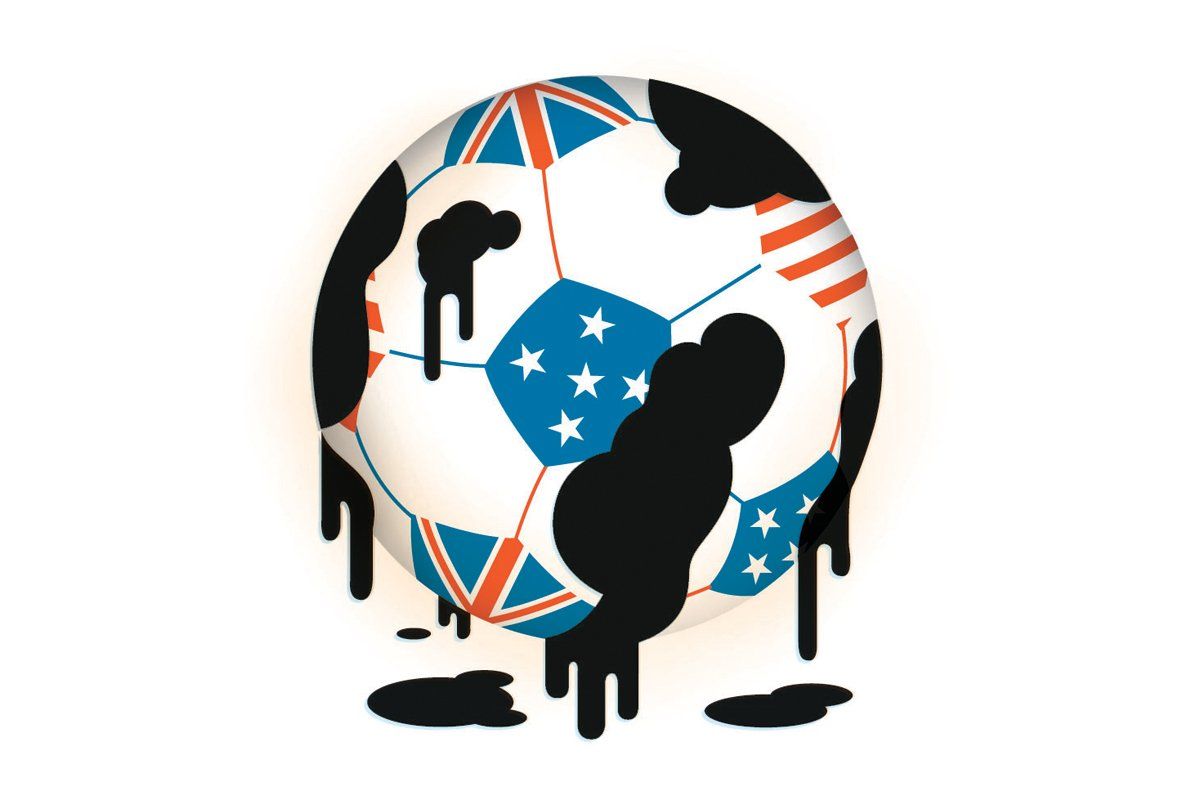
If Manchester United kicks off a public stock offering in New York this year, it will likely be touted as a triumph for U.S. capital markets. This is, after all, England's top soccer team, and of all the listing venues the club could have chosen, not least London's, it looks like Man U is coming to America.
But this apparent financial score isn't worth cheering like an extra-time win. While U.S. exchanges dwarf the competition in raising capital this year, there's a dark side to this distinction that investors should heed. Man U won't be choosing New York because Americans are gaga for the sport (just 1 percent of respondents in a recent Harris Interactive poll said their favorite sport was soccer). Rather, the Glazer family, which also owns the NFL's Tampa Bay Buccaneers, will be taking advantage of the leeway America's listing standards offer companies to practice poor corporate governance.
New York's stock markets permit companies to sort their shareholders into different classes, allowing founders and owners to sell shares while maintaining control. In London, such a setup gets you excluded from key indexes. It's an aberration of democratic capitalism, which in its purest form gives one vote per share.The mechanism lets Mark Zuckerberg hold shares in Facebook with 10 times the voting power of those available to the investing masses. Similar structures enable Rupert Murdoch, the Sulzbergers at The New York Times, the Ford family, and dozens of others to keep a grip on their companies that is far greater than the capital they have at stake.
While this practice has been tolerated for years, it has lately gained considerable ground. This year there have been 21 IPOs on the NYSE and Nasdaq that have sold more than $200 million in shares. All told, they have reaped $24.2 billion, according to Thomson Reuters data. Nearly 80 percent of the money, through nine of the deals, came from the sale of securities with subpar ownership rights.
Facebook, which raised $16 billion and promptly saw its shares tumble, was the biggest of the bunch, but it wasn't alone. Carlyle Group, the private equity firm that owns Dunkin' Donuts and 200 other companies, harvested $671 million by selling securities that give investors almost no say. Oaktree Capital, an investment firm, did the same in April.
All of this is amply disclosed ahead of time, so buyers can beware. And there are sometimes perfectly good reasons, such as tax advantages, for buying the sort of coach-class securities that Manchester will likely offer. But winning a race to the bottom by selling out the rights of shareholders is hardly worth celebrating.
Uncommon Knowledge
Newsweek is committed to challenging conventional wisdom and finding connections in the search for common ground.
Newsweek is committed to challenging conventional wisdom and finding connections in the search for common ground.
About the writer
To read how Newsweek uses AI as a newsroom tool, Click here.





